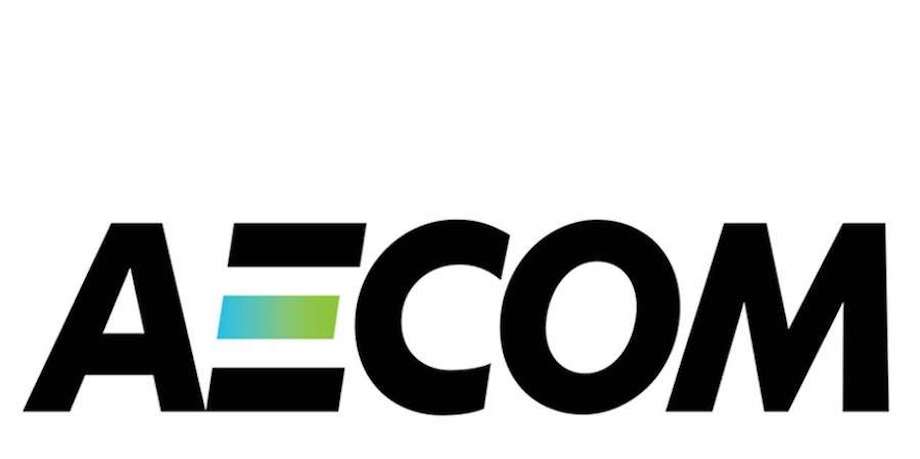A federal district court in New York City must now reconsider part of its decision to dismiss a former employee whistleblower’s complaint that an AECOM unit fraudulently billed the U.S. Army under a $1.9-billion contract it held for maintenance and support in Afghanistan, the U.S. appeals court in New York ruled Nov. 19.
The contract was held by AECOM's management services business, which worked for federal clients but was sold in early 2020 to a private equity consortium and now is a separate company called Amentum.
At issue is whether the fraud claimed by the whistleblower, Hassan Foreman, a former AECOM finance supervisor, was “material” under the federal False Claims Act—since the company was not penalized by the Army for the alleged fraudulent actions, which he claimed included improper billing and purchasing.
The appeals court said the district court, in two 2020 dismissals of the claim, improperly used a document that had not been introduced in court previously to analyze “materiality” in the whistleblower’s complaint.
“In reaching this conclusion, the district court considered multiple reports outside of the complaint on the basis that they were either incorporated by reference into, or integral to, the complaint,” the appeals court said.
Specifically, the court said it was improper for the lower court to consider a September 2014 Defense Contract Audit Agency report, which was used to conclude that the former AECOM uni's alleged false representations about its labor billing practices, person-hour utilization rate and tracking of government property were not material to the case, because the government was aware of the company’s violation of its contract but continued to pay the contractor and extended its contract multiple times.
There is no evidence in the court record that the government had actual knowledge of the former unit's labor billing violations, the appeals court said.
“We therefore cannot conclude, for the purpose of determining whether Foreman sufficiently pleaded materiality, that the government had actual knowledge of AECOM's alleged labor billing violations." the appeals court said, adding that "the parties dispute exactly what the government knew and when, calling into question its 'actual knowledge.’"
The appeals court cited evidence to support both sides of the materiality issue, but in the end concluded that the whistleblower sufficiently showed his claims were material based on the unit's labor billing practices.
The whistleblower’s claim dates to 2016. He was terminated by AECOM in 2015 after raising his concerns to the firm.
The appeals court upheld all other findings by the lower court.
Under the unit's purchase agreement, the new parent "assumes liabilities related to or arising out of that business unit," says an AECOM spokesman. "This means Amentum has full responsibility for this lawsuit. AECOM is not involved in the defense and does not have any liability for the outcome. There are no proceedings by any government authority against AECOM in this matter."
A spokesperson for Amentum declined comment on the suit.







Post a comment to this article
Report Abusive Comment